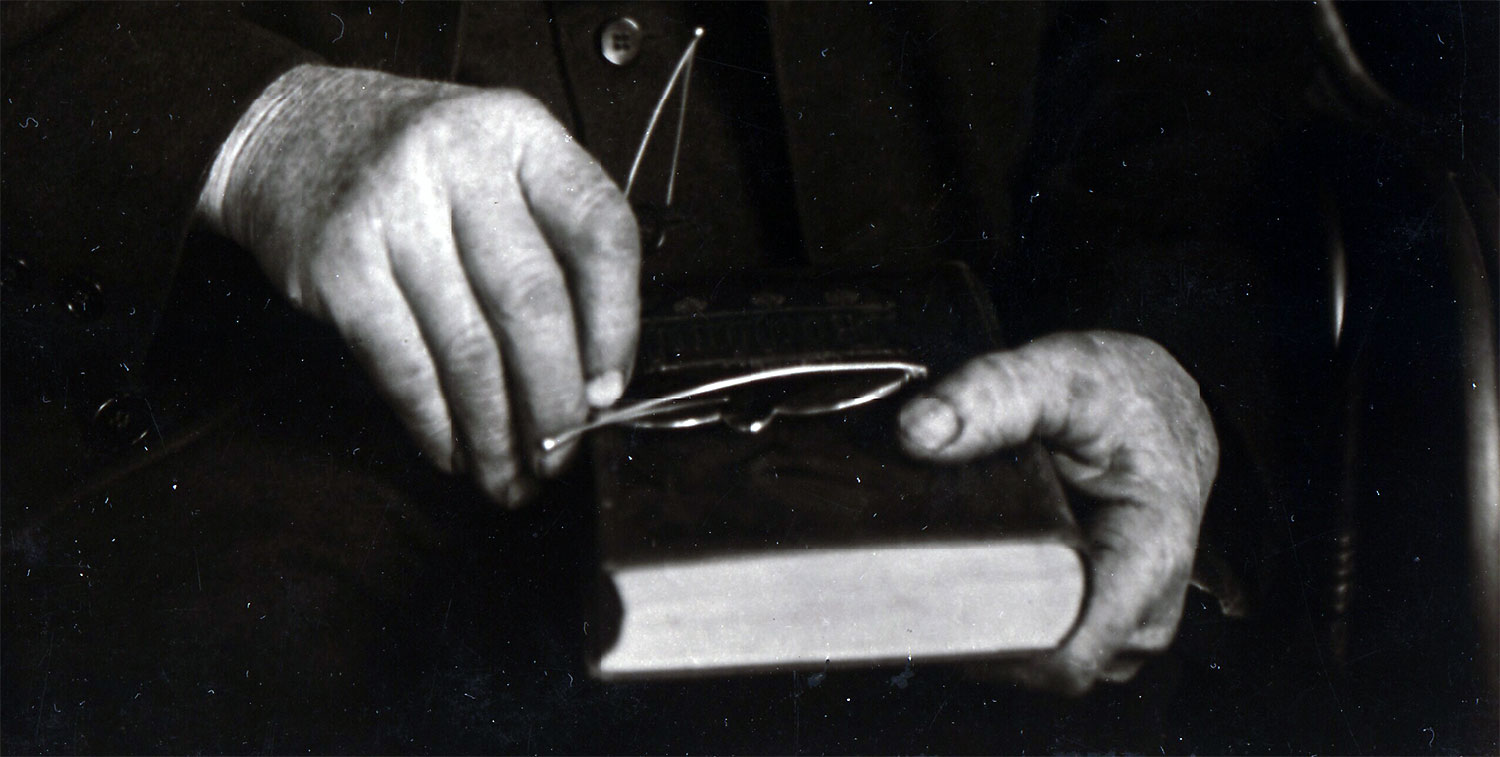fundamentals

August Sander, Farmer (ca. 1925)
Let us say that what separates the great book from the merely good (or interesting) is that a great book, however it innovates, whatever its oddities, will teach the reader how it is to be read. 1 Grundrisse is not, then, a great book, but it is still in an interesting one in that it teaches the reader not how to read it (perhaps because, as a collection of notebooks, it is not really meant to be read) but rather how Marx was in the habit of reading. One senses the thread of a thought being untangled – but it is not being untangled on the page, but rather through it.
I will note that I am a very lazy reader of Marx and do not apply much living labor to his interpretation; it is perhaps no surprise that, of his writings, I find his journalism the most appealing, although the cute nicknames for and sarcasm directed at the authors criticized – particularly Ricardo, Malthus, Say, and Proudhon – make Grundrisse a close second and certainly superior (as a reading experience) to the early economic and philosophical manuscripts.
- This is in reference to books that might have a claim to greatness; a textbook teaches one (hopefully) how to read it, but that seldom makes it great qua book.[↩]
